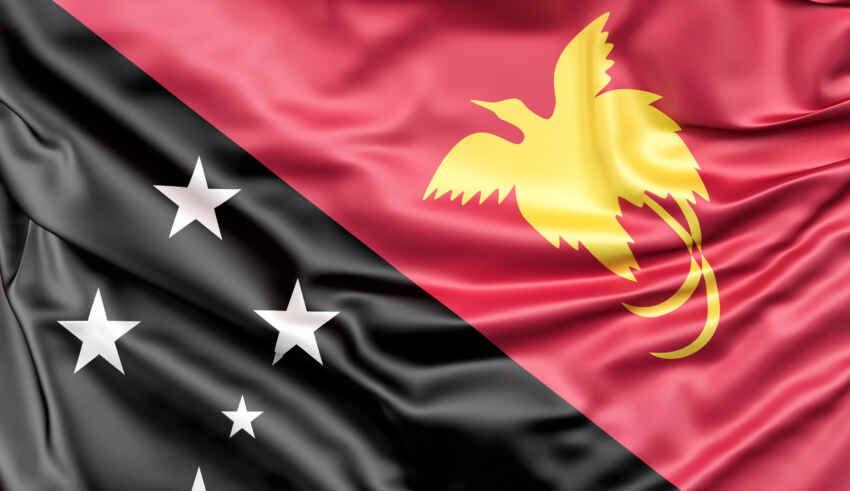
Australia has recently entered into bilateral security accords with Papua New Guinea focusing on enhancing its police capabilities and sustaining peace. However, the agreement also has far-reaching ramifications against growing great power rivalry in the Pacific.
Under this agreement, Australia will increase support to internal security needs of Papua New Guinea, through training, equipment and provision for the justice sector issues such as domestic violence. Nevertheless, other arrangements permitting Australia to assist Papua New Guinea in their security infrastructure, equipment and assets.
In the same course, the prime minister of Australia Anthony Albanese stated that the assistance was offered by Papua New Guinea to Australian troops in WWII could not be forgotten. The shared sacrifice has built solid defence partnership, making each nation a real friend. This is indeed a sign of their undeterred and genuine friendship as both leaders are hopeful that they will be able to deal with the internal-security requirement of Papua New Guinea more effectively.
The core of the agreement is on improving on the capacity building of Papua New Guinea that will lead in pacific led regional security and stability. These aspects include provision of security-oriented facilities as well as general training. The strategic alignment follows the wider background, within a changing geo-politics situation among major world players in the Asia Pacific.
In the context of increasing Chinese security presence in the Pacific islands, this agreement will be significant. While the deal provides equipment and training for the police elsewhere in Beijing, there are questions regarding the region’s balance of power. Security issues in the Pacific countries are to be managed collectively through a Pacific Response Group and advocated by Australia.
Contemporary issues in addition to conventional security concerns are covered by the pact. The pact covers issues on climate change, cyber security, and disaster mitigation an indication that such is focused on the future development of the area. Located just about 200 kilometres south of Australia’s northernmost bound, Papua New Guinea is the biggest and most populous state in Melanesia which sits along critical maritime passageways and has great wealth of mineral resources.
Geopolitics played their part in delaying the signing of the security agreement, which shows how skilfully Papua New Guinea manoeuvred among world politics. The prime minister of Papua New Guinea James Marape noted that the country was interested in working with Canberra and Washington but not upsetting China. He said he wanted a “friendly-to-all, enemy-of-none” foreign affairs.
He also stated that in response to the internal criticism about the US base access agreement that his country will remain neutral to all sides while being an enemy to none. On his part, Marape reinforced the existing strong bilateral ties between Australia and Papua New Guinea while emphasizing that Papua New Guinea is open to partners of any kind. Nonetheless, openly announcing a defence treaty in Canberra marks the durability of such an agreement against diplomatic struggle for Pacific relevance.
By locating Papua New Guinea across vital Indo-Pacific Sea lanes, this deal proves that reinforcing fellow Melanesians constitutes Australia’s chief regional wall against other strategic penetrations while Pacific nations desire equal relationships. Although not openly but clearly, Australia or PNG have declared that they remain faithful in their long-lasting alliance.
By going ahead with this accord, the nation’s become role models of collaboration and demonstrate that Pacific nations can work together constructively. Not only does this pact reinforce the security arrangement in Papua New Guinea but also shows that working together is critical in overcoming mutually affected threats with regard to regional peace.
In conclusion, the Australia and Papua New Guinea security agenda is far more than a diplomatic headline, it’s an icon of co-operation in the South Pacific. This has far-reaching implications on the security of Papua New Guinea and the strength of collaborative interventions in an intricate world politics. The commitment towards joint security, mutual assistance, and extensive cooperation illustrated in this document reveals that even positive affiliations could emerge among these nations by adapting to evolving regional dynamics. The partnership not only reinforces Papua New Guinea’s power but also creates an appreciable standard for countries working together in dealing with similar problems.
By The European Institute for International Law and International Relations
References
Al Jazeera. (2023, December 7). Australia and Papua New Guinea Sign “historic” security pact. https://www.aljazeera.com/news/2023/12/7/australia-and-papua-new-guinea-sign-historic-security-pact














